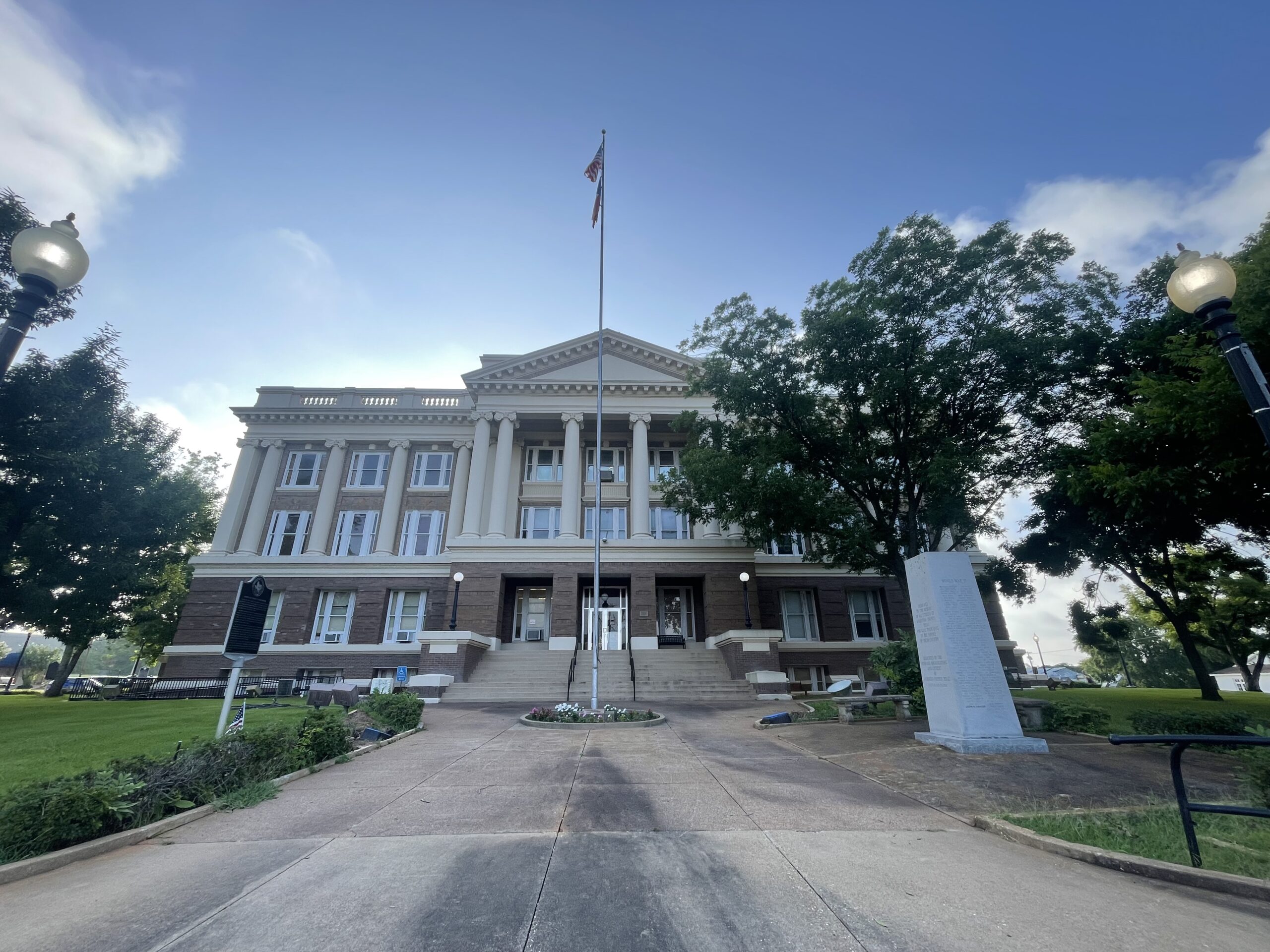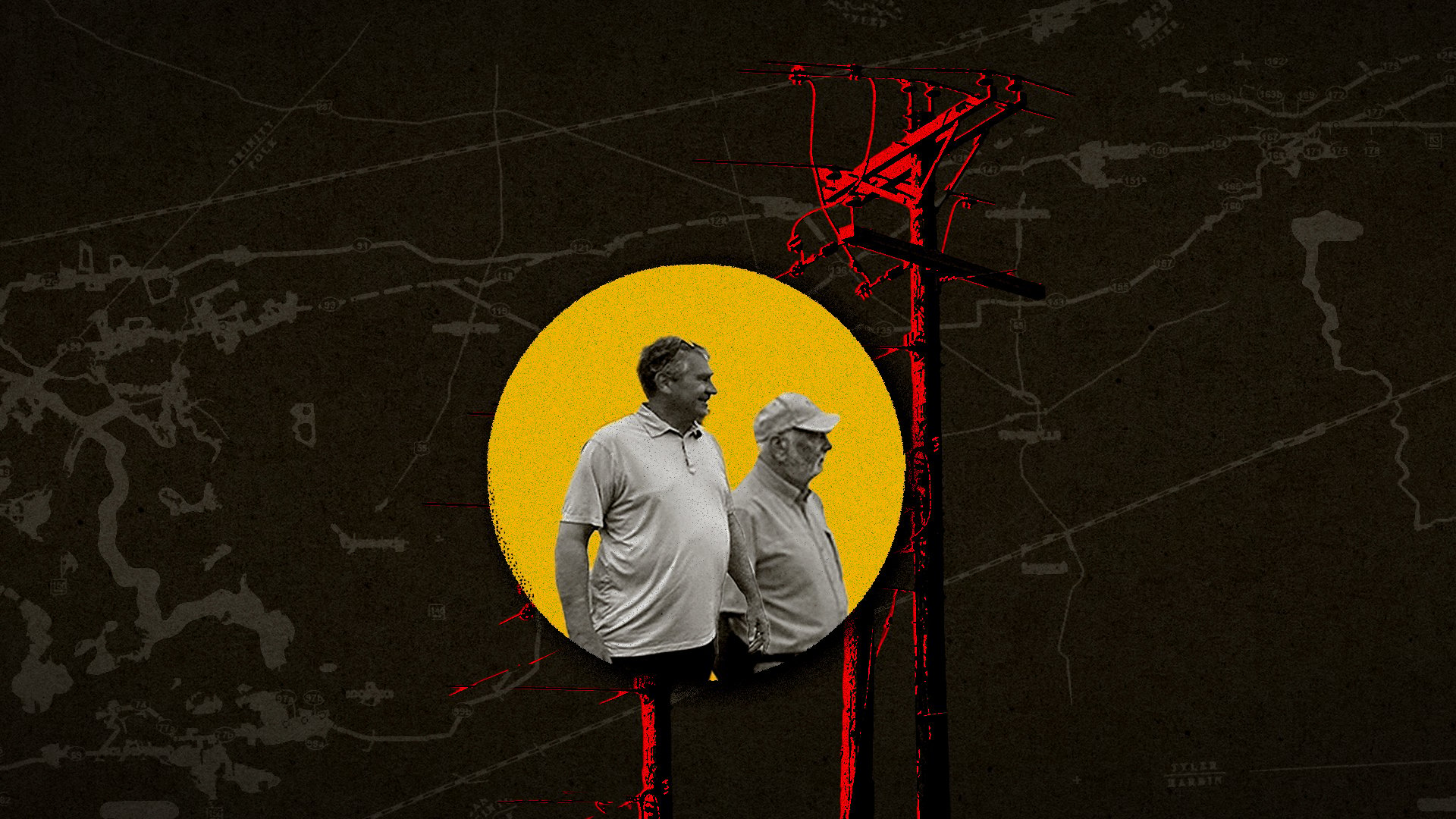ustxtxb_obs_1989_02_24_50_00010-00000_000.pdf
Page 6
Adrift in America BY JONATHAN KOZOL Editor’s note: Jonathan Kozo! spoke at the LBJ Library in Austin on February 2. A Harvard-educated teacher in the 1960s, Kozol wrote Death at an Early Age: The Destruction of the Hearts and Minds of Negro Children in the Boston Public School System. Last year, Crown Publishers released Rachel and Her Children, Kozol ‘s study of homelessness that focuses on life in a New York welfare hotel. Lucy JohnsonTurpin introduced Kozol to the audience. THANK YOU Lucy, very much. I feel touched and honored by those words, and humbled. I was a young teacher just beginning my adult life when Lyndon Baines Johnson was President of the United States. It was a wonderful, turbulent, hopeful time in American history. So many good things Head Start, food stamps, housing subsidies, medical care for pregnant women and poor children, all those blessings came to us during those years. For many years I spent many nights and days walking with friends, most of them black people, on picket lines in Boston at a time when it wasn’t so fashionable to do that up North, maybe not down South either. It wasn’t easy for me to do that; I wasn’t a very political person. I had had a kind of traditional background. I had gone to Harvard and I was kind of a bookish type, and I wasn’t prepared for that, but suddenly I was in that leadership position in Boston and I had to fill it. And I can remember I used to tremble every time I got up there in public. My folks were fairly traditional people, perhaps like many of you, good people but conventional in their ways, and it was hard to stand up there with people whom they’d never known, they’d never known the people I’d worked with and taught, and we would stand and sometimes face police who were hostile to us. We would always be scared, and I can remember, I’d tremble. I wasn’t afraid the police would hurt me, I was afraid of being embarrassed, of humiliation, that’s what’s hardest for people who come from a privileged background. And I was also afraid of not being worthy of the loyalty of the poor people who trusted me. But even though we were scared, we used to sing “We are not afraid.” And even though we felt hopeless we used to sing “We shall overcome.” It was a wonderful moment in American history when we saw President Johnson stand before Congress and use those words. When President Johnson stood before Congress and said “we shall overcome,” it did something wonderful to the souls and the spirits of the poor people with whom I worked. It was a high point in American history. And that’s one reason I was so honored when I met Mrs. Johnson last spring in California, and even more so when she wrote and asked me to come here to speak in this library which stands in memory and tribute to so many things that we all hold dear. Thank you very much for having me here. I’ve been traveling a lot and I’d like to take you on the journey that I’ve followed. I was in Washington D.C. last spring speaking on this issue. A man who heard me and was obviously moved came up at the end, and first he was conciliatory. He started out and said, “Basically, I agree with you.” And you always worry what’s going to come next when people start that way. But he said, “The only thing I don’t understand is this. I don’t see, why do all these poor people need to live in Washington? Why do they come here? Everybody knows it’s expensive in Washington, everybody knows that rents are high, and if they can’t afford the rent here, why don’t they go somewhere else?” I thought of what he was saying, you know; this is our nation’s capital. Why don’t they go somewhere else? .. . So I said, “Where? Where would they go?” And he thought for a moment and he said, “I don’t know, there must be some place for these people, some place cheap. Like Boston.” I told him how expensive it is to live in Boston. That didn’t stop him; he said, “Well, there’s got to be some place for them. Maybe Chicago. I was in Chicago the next day. And again someone came up to me at the end of one of these talks again it was a man, it’s interesting, because so many of the people we’re talking about are women and he asked me almost the same question. He _aid, “Why do all these homeless people need to come here to Chicago?” And there was this curious notion, you see, as if these people weren’t like ourselves, and of ourselves, but aliens, always from somewhere else; as though they were somehow permanent itinerants, refugees, exiles in their own land. He didn’t say, “Why do they live here?” He said, “Why do they come here?” And then again I heard the same refrain: he said, “Listen. Everybody knows Chicago’s become expensive.” “If these women” now he was arrowing in on what was really bothering him he said, “If these women can’t afford the rents here in Chicago. they can find somewhere else to live.” I said, “Where?” I was afraid he’d say, “uh, Washington. No, he said, “Somewhere out West.” And he said it in kind Of a whimsical way, as if he had this picture of an infinite frontier. He said, “Somewhere out West.” I said, “Where out West?” He said, “I don’t know, maybe Wyoming. Or Colorado.” Well, I was in Denver the next day. So I told them to expect a lot of homeless people. A man there called up a radio program I was on, and he was angry. He said he was going to shoot me that night at the church. We were doing a fundraiser for a homeless shelter there. And then he said, “Listen, if these women keep on breeding children” that was his word “that they can’t support, this is what we ought to do. We should sterilize these women. Then send them to California.” And at the end of the week in Los Angeles, I heard words of the L.A. County Supervisor, who’d come up with what may be the final solution to the homeless crisis in America. He said we ought to ship the homeless out to sea and float them on a barge in the Pacific Ocean. This, of course, is what we do with garbage, also. IT’S THREE YEARS NOW that I’ve lived between two different worlds the world of the homeless and that other safer world I used to call my own. Started almost three years ago, a little over three years ago, Christmas 1985. I opened up the New York Times one night; I was home, near Boston. And I read a story about a little boy who died while he was homeless in New York. His mother had been living in a building called the Martinique Hotel, one of 60 shelters for the homeless in New York. She’d lived there her entire pregnancy, had no prenatal care, and was 10 FEBRUARY 24, 1989


